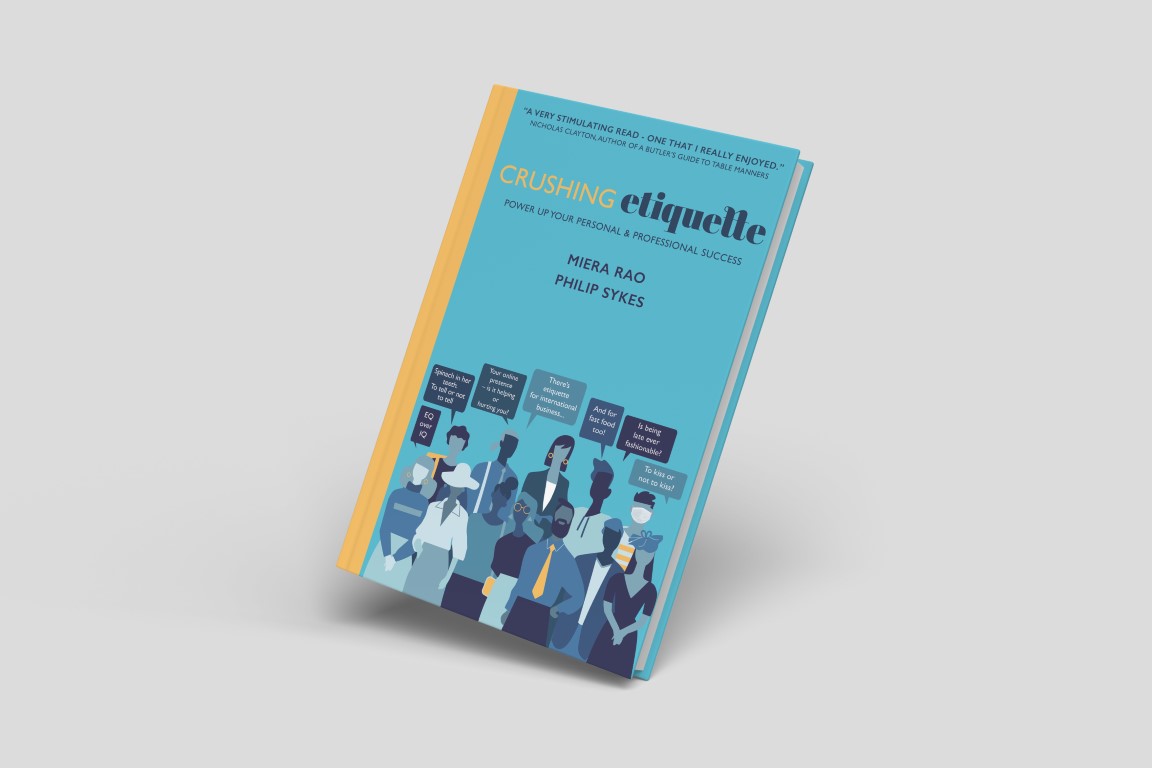“Etiquette is always evolving. The rules are not set in stone. What does remain constant are the principles of kindness, respect and courtesy.”
– Philip Sykes, The British School of Etiquette
If anyone out there is still labouring under the misconception that etiquette is out-dated and irrelevant, now is the time to revise your view. Just as we were getting used to staying at home and only leaving the house for daily exercise or to visit the supermarket, the lockdown restrictions are being relaxed.
It is important to stress that this is not a return to a pre-coronavirus normality and we have to adjust our social behaviour to make sure that we put safety first. The rate of infections is falling and the all-important reproduction (R ) number still hovers below 1, but the virus is by no means gone. Until there is a vaccine or effective treatment, we are going to have to physically distance from one another and take precautionary measures such as wearing a mask and frequently washing our hands.
The rules of social etiquette are being rewritten in the wake of COVID-19. The onus is on us as a society to find a way to communicate and connect with respect, courtesy and kindness while still adhering to the rules and guidelines.
Is this the death of the handshake?
What do job interviews, weddings, cocktail parties and diplomatic visits have in common? Nine times out of ten they all start with a handshake. Over the course of many centuries, the handshake has become the de facto cross-cultural greeting that works in almost any situation.
The history of the handshake dates back to 5th century Greece where it was seen as a symbol of peace. The Romans also used a version of the handshake when meeting someone new – although this was primarily to check if they were carrying a weapon in their sleeve.
However, even in February, it became clear that the handshake was quickly being relegated from universal form of greeting to social faux pas. Business people all over the world racked their brains for a replacement and a German minister’s refusal to shake Chancellor Angela Merkel’s hand made headlines.
At the moment it is hard to envisage a return to a pre-coronavirus world where handshakes – let alone hugging or kissing on the cheek – are welcomed rather than feared. Just last month, Anthony Fauci, head of the US National Institute of Allergy and Infectious Diseases, told the Wall Street Journal: “I don’t think we should ever shake hands ever again, to be honest with you.”
New forms of greeting are emerging
It is not the first time that a disease has changed our everyday rituals. At the height of the bubonic plague in the 15th century, King Henry VI banned the practice of kissing on the cheeks when greeting someone. This put a stop to tactile greetings for many centuries and paved the way for more formal bows and courtesies. It was only after the introduction of antibiotics in the 1940s that people became less fearful of the spread of disease through physical contact.
As the lockdown rules start to relax and we are able to meet up with friends, colleagues and family members for the first time in weeks, it is important that we don’t lapse back into old habits. Philip Sykes, Principal of the British School of Etiquette, recommends adopting the hand on heart gesture or the Indian salutation ‘Namaste’ to greet one another from a safe distance. In less formal situations, a smile and a wave or blowing a kiss in the person’s direction should suffice.
What is the new face mask etiquette?
A firm handshake, eye contact and a smile have long been fundamental in communicating confidence, respect and trust. In the age of COVID-19, two of these three ingredients are eliminated from our first impressions.
Health officials are now advising that everyone travelling on public transport should wear a mask. It is likely that wearing face coverings while out in public will become the new norm. Not being able to see another person’s facial expression opens the door for a wealth of misunderstandings and misinterpretations.
To compensate for this loss of non-verbal facial expressions, you can adjust your body language to make it more open and welcoming. Avoid crossing your arms or legs and raise a hand to greet passers-by or fellow passengers on your morning commuteI
How can I socialise safely?
Social distancing (or physical distancing as some of us prefer to call it) is still in place and we are all being asked to keep at least two metres away from others. You should also cover your mouth if you cough or sneeze and avoid sharing cups, utensils or plates with people who are not from your household.
We all have a responsibility to make adjustments to our social interaction in order to avoid a second peak of the virus and the return of a stricter lockdown. This means not clinking glasses during a toast or blowing out candles on a birthday cake that is then served to many guests.
Over the last couple of months, we have got used to socialising via technology and this is likely to continue for many months to come. From quiz nights and book club meetings to cocktail parties and church services, connecting virtually has quickly become the new norm. The realisation that we can enjoy these occasions and rituals without being in the same physical space, made lockdown bearable for many of us.
What if someone breaks the rules?
In these unprecedented and extraordinary times, being polite and and considerate to others is more important than ever. Philip Sykes stresses that we all need to cultivate a sense of self-awareness and stay focused on our surroundings. “If you are travelling on public transport, do not become so engrossed in your phone that you fail to respect people’s personal space,” he says.
If someone stands too close to you in the supermarket, instead of verbally attacking them, say something along the lines of: “I think we need more distance”. This gives the other person the opportunity to do the right thing without putting the blame solely on them.
If the person responds in a threatening manner or continues to behave in a way that endangers their own safety, or that of others, you should alert the authorities. The rules are in place to protect us all and adhering to them is a requirement, not a personal choice.
The way forward
Remember, we are all in this together. It has been said before but clichés are overused for a reason: these are extraordinary and unprecedented times. We are still learning and navigating our way through this new etiquette landscape.
Many of us still feel anxious about venturing outside our homes, while others are itching to get back to work or spend time outside with family and friends. We need to accept that we are all different and the same choice is not right for all of us. Some parents feel comfortable sending their children back to school – others don’t. Some people feel comfortable going to the beach or the park – others don’t.
As long as everybody follows the rules, we should not criticise each other for the choices we make. If we stick to the etiquette principles of kindness, respect and courtesy, we will find the way forward.










